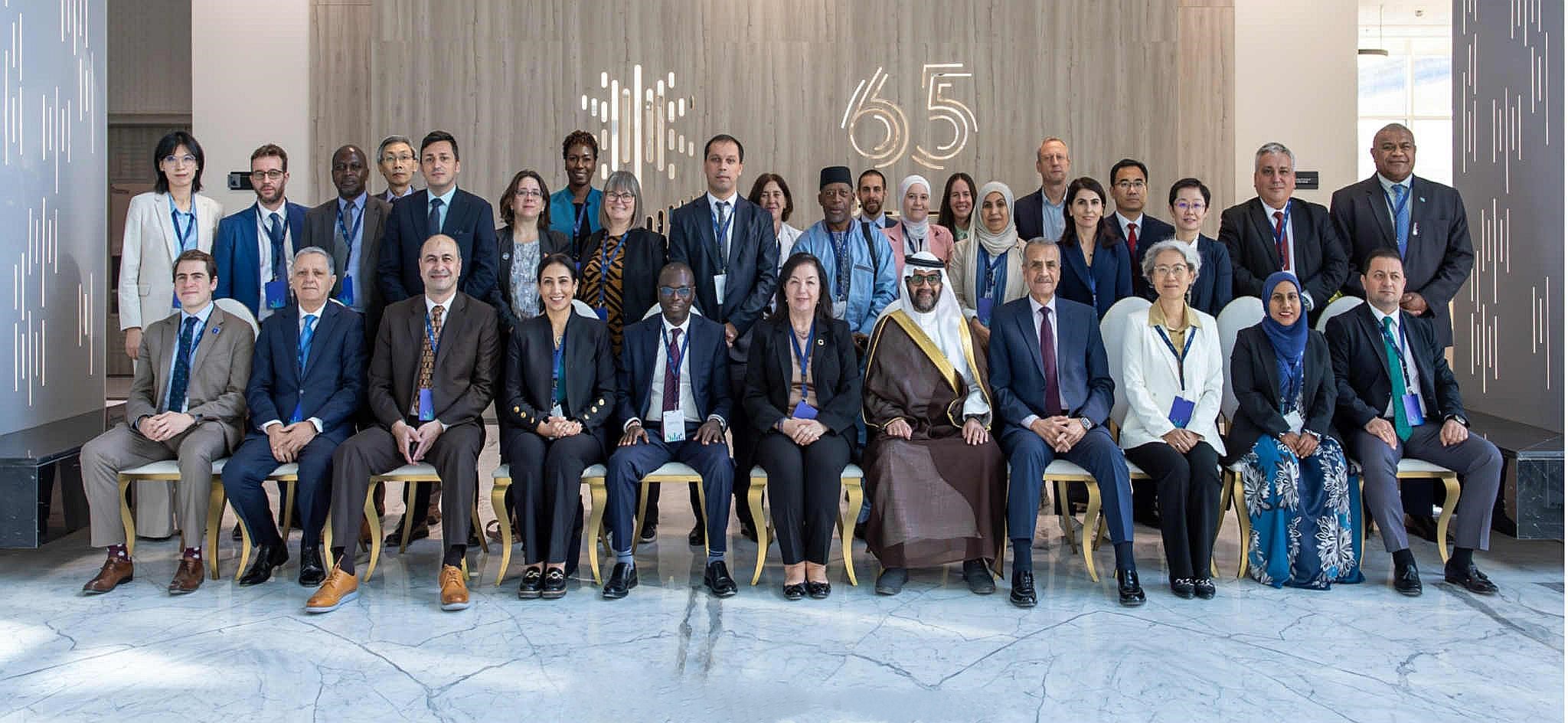
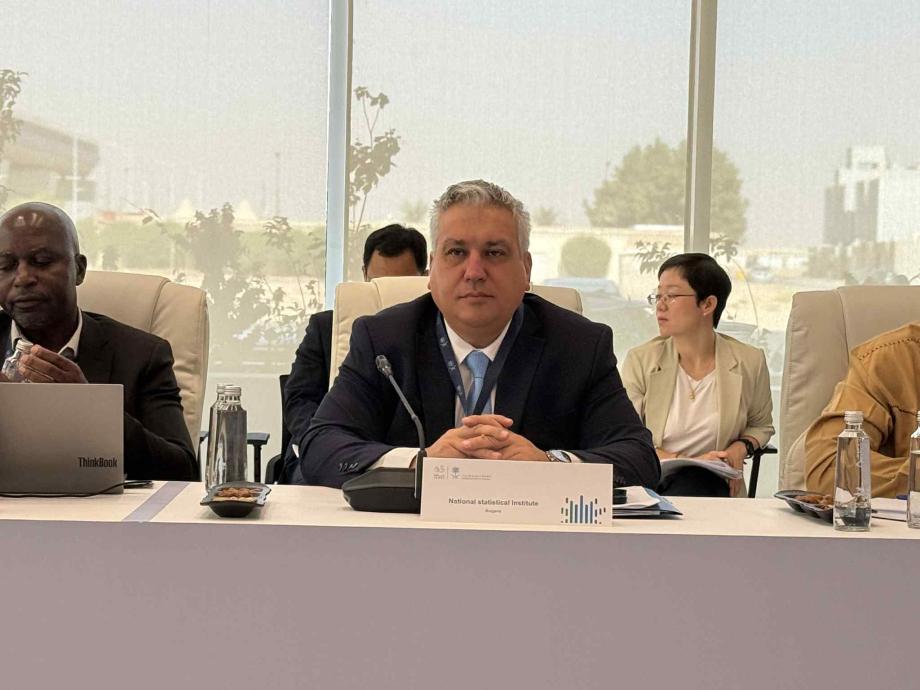
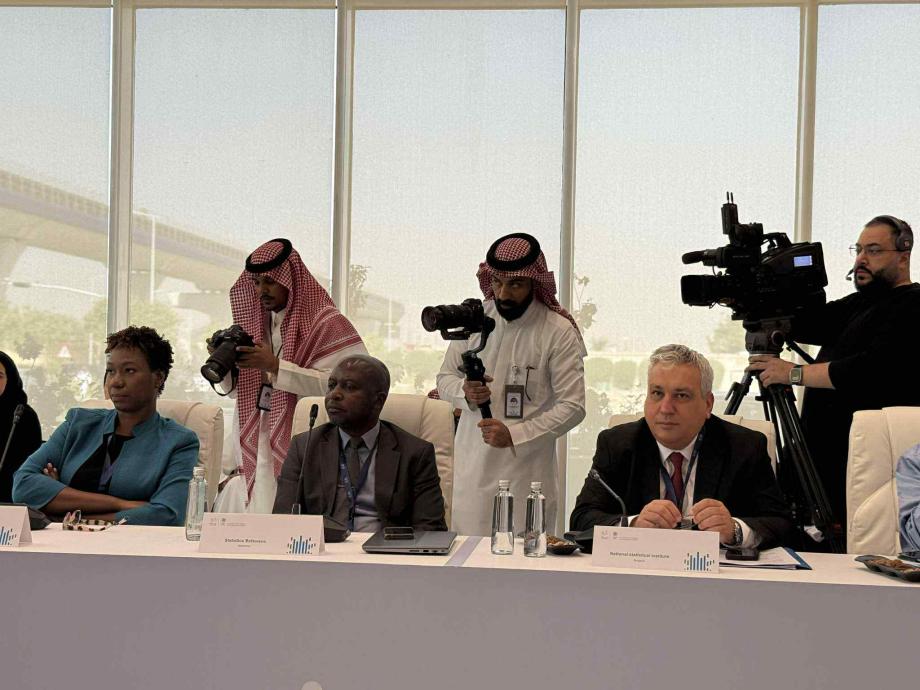
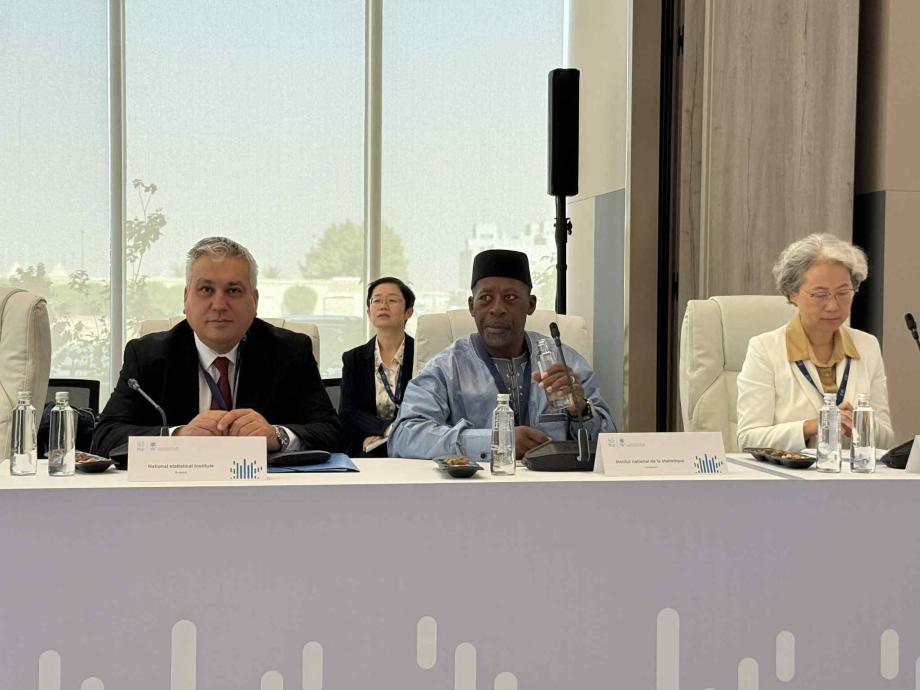
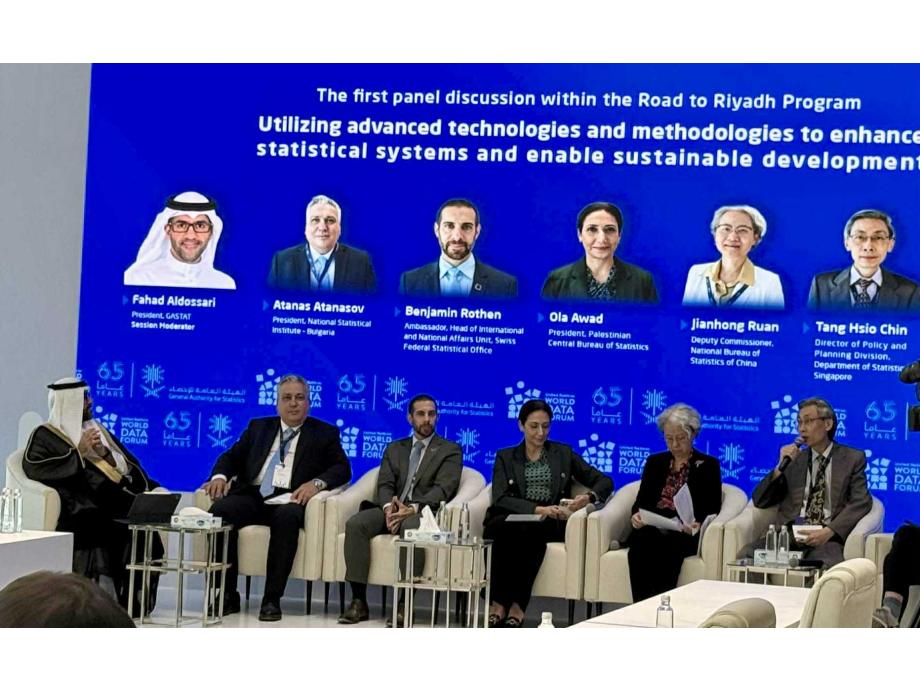
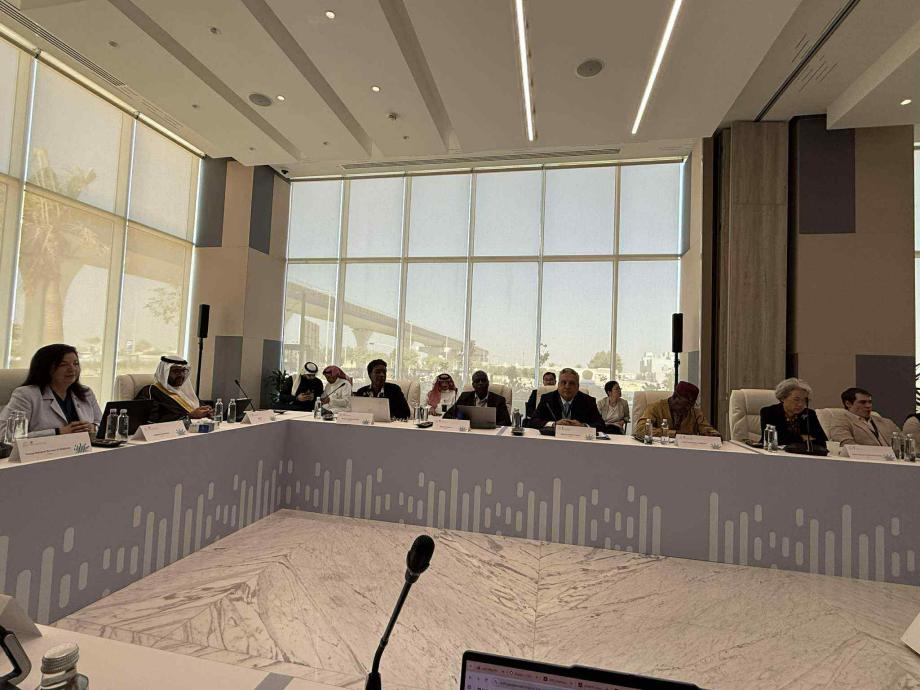
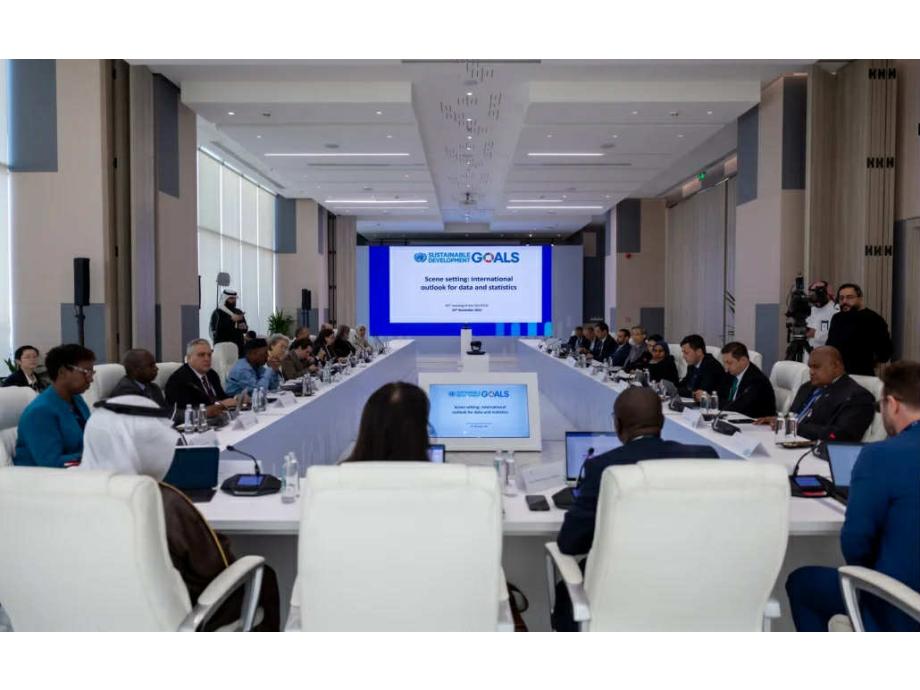
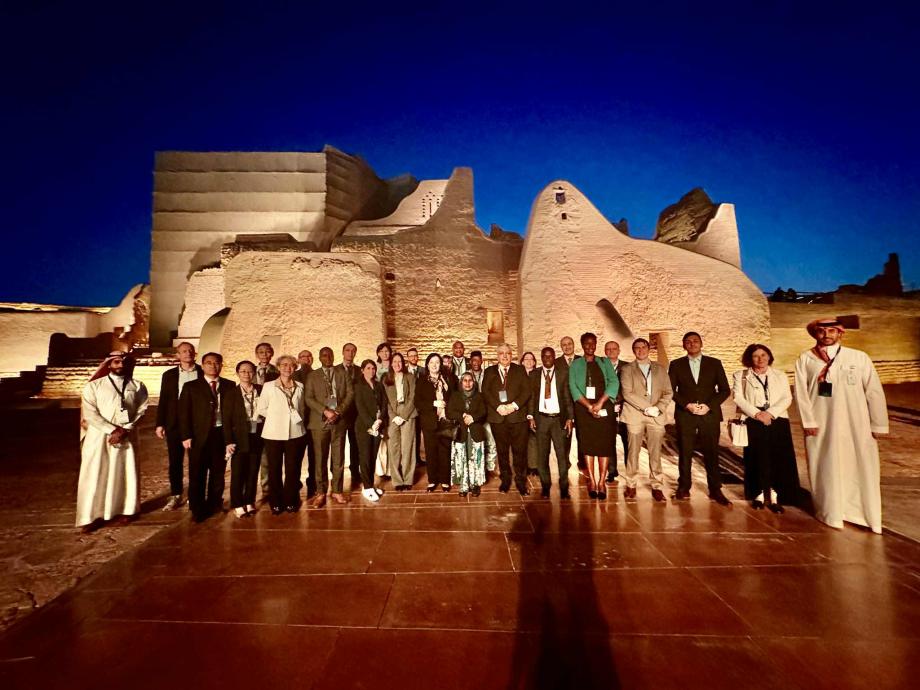
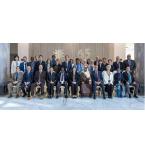
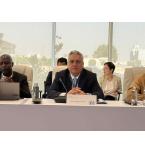
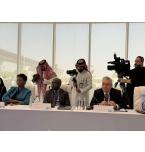
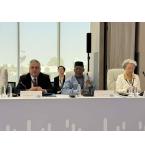
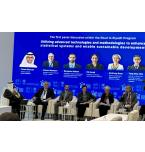

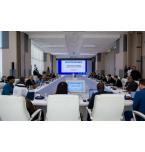

The President of the NSI took part in the 40th meeting of the High-level Group for Partnership, Coordination and Capacity-Building for statistics for the 2030 Agenda for Sustainable Development (HLG-PCCB), which took part in Riyadh, Saudi Arabia. The event was organized by the General Authority for Statistics of Saudi Arabia in cooperation with the UN Statistics Division (UNSD). The NSI is an institutional partner of the HLG-PCCB, and Assoc. Prof. Atanasov is one of the five representatives for the region of North America and Europe. The aim of the HLG-PCCB is to create global partnerships for measuring and collecting data on the process of achieving the UN Sustainable Development Goals (SDGs).
During the meeting, the UN programme “2030 Agenda for Sustainable Development”, which encompasses 17 goals and 169 specific targets to be achieved before 2030, was reviewed, underlining the crucial role that statistics and data play in its implementation. In addition, possible concepts of the HLG-PCCB’s work after 2030 were considered. The upcoming 6th UN World Data Forum, which will take place in 2026 again in Riyadh, was also discussed. A special Data Festival was also announced, which is to take place in 2026 in the Republic of Kenya.
In a specialized sessions, in which Assoc. Prof. Atanasov participated as a panelist, the participants discussed the use of advanced technologies and methodologies to enhance the capacity of national statistical systems. The goal of the session was to present the use of modern technologies and innovative methodologies by national statistical offices to improve the quality, timeliness and accessibility of data for evidence-based policy development. Attention was also paid to sustainable development and the possibility of modernization efforts to strengthen trust, transparency and ethical use of data, while respecting the UN Fundamental Principles of Official Statistics.
Copyright © 2026 NSI All rights reserved